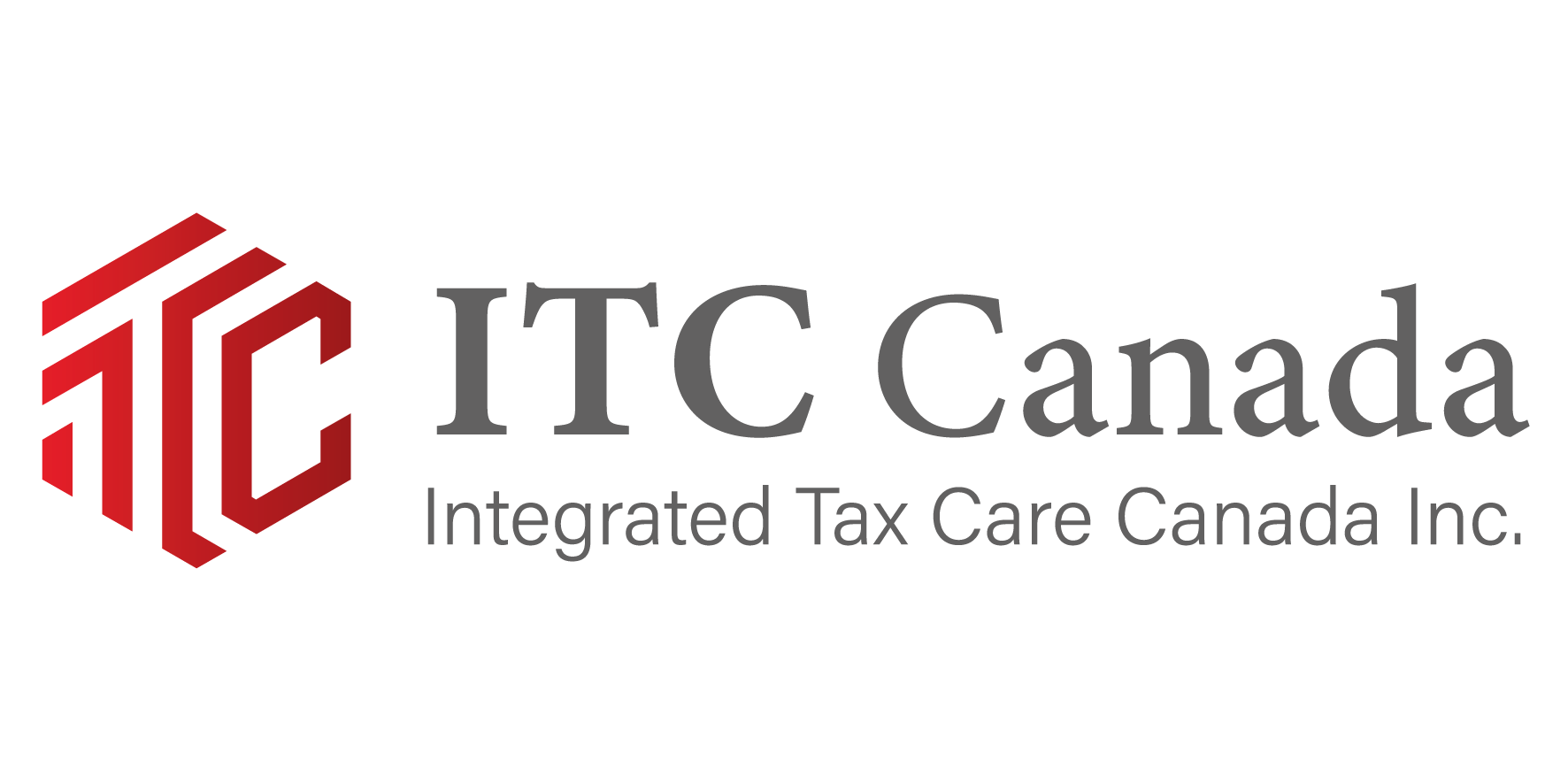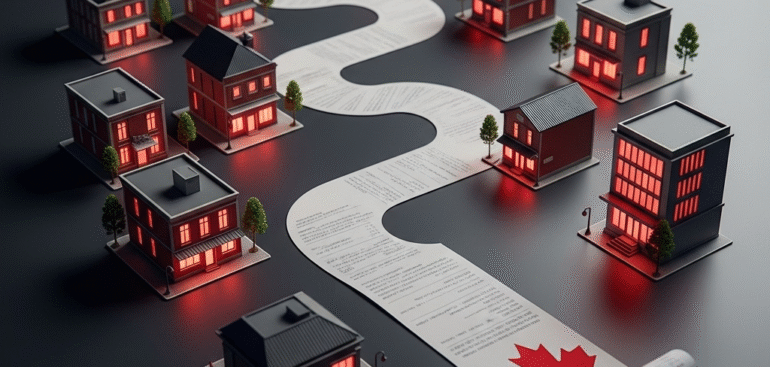As a Canadian small business owner, you wear many hats: CEO, marketer, salesperson, and often, bookkeeper. While managing your finances can feel overwhelming, there’s a major silver lining: the tax deduction. Understanding what you can claim as a business expense is one of the most powerful ways to lower your taxable income and keep more of your hard-earned money.
The Canada Revenue Agency (CRA) allows you to deduct any reasonable expense you incur to earn business income. But what does that actually include?
To help you prepare for a stress-free tax season, we’ve compiled a list of the top 10 small business tax deductions in Canada that you simply can’t afford to miss.
Disclaimer: This article provides general information and should not be considered professional tax advice. Always consult with a qualified accountant for your specific situation.
1. Home Office Expenses
If you run your business from home, you can deduct a portion of your household costs. To qualify, your home office must be either:
- Your principal place of business; OR
- Used exclusively for your business and for meeting clients or customers on a regular basis.
You can deduct a percentage of your utilities (heat, hydro), home insurance, property taxes, and internet bills. If you rent, you can deduct a portion of your rent. The deductible amount is calculated based on the square footage of your workspace relative to the total size of your home.
2. Business Use of a Vehicle
Do you use your personal vehicle for business errands, client visits, or deliveries? You can deduct a portion of your vehicle expenses. This includes:
- Fuel and oil
- Insurance and registration
- Maintenance and repairs
- Interest on a car loan or leasing costs
The Golden Rule: You must keep a detailed logbook of your mileage, tracking every business trip (date, destination, purpose, and kilometers driven). The CRA is very strict about this. You can only deduct the percentage of expenses that corresponds to your business use.
3. Meals and Entertainment
Taking a client out for lunch or coffee is a deductible expense. However, the key thing to remember is the 50% rule. You can only claim 50% of the total amount spent on food, beverages, and entertainment for business purposes. This rule also applies to things like tickets to a hockey game with a supplier.
4. Salaries, Wages, and Benefits
The salaries and wages you pay to your employees are fully deductible. This also includes the employer’s portion of CPP (Canada Pension Plan) and EI (Employment Insurance) contributions you pay. If you hire family members, their salary must be reasonable for the work they perform to be deductible.
5. Professional and Legal Fees
Good news! The fees you pay for professional advice are deductible. This includes money spent on:
- Accountants and bookkeepers
- Lawyers
- Business consultants
That’s right—the cost of hiring a tax professional to help you find deductions is, itself, a tax deduction.
6. Office Supplies
All those small, everyday items required to run your business add up. Don’t forget to deduct the cost of pens, paper, ink cartridges, postage, sticky notes, and other essential office supplies. This category also includes business bank account fees and subscriptions to software like Microsoft 365 or accounting platforms.
7. Business Travel
If you travel outside your metropolitan area for business purposes, you can deduct the associated costs. This is different from daily vehicle use. Deductible travel expenses include flights, hotels or accommodations, public transit, and taxi fares. Remember, the 50% rule still applies to the cost of meals you have while travelling.
8. Advertising and Promotion
How do you get the word out about your business? The costs are deductible. This broad category covers everything from printing business cards and flyers to running digital ad campaigns on Google or social media. Your website hosting fees and domain name registration also fall under this umbrella.
9. Business Insurance
The premiums you pay for various types of business insurance are deductible. This includes general liability insurance, professional liability insurance (errors and omissions), and commercial property insurance.
10. Capital Cost Allowance (CCA)
What about big-ticket items like a new computer, office furniture, or specialized equipment? You can’t deduct the full cost in the year you buy them. Instead, the CRA allows you to deduct a portion of the cost over several years through a system called Capital Cost Allowance (CCA), which is essentially depreciation for tax purposes. CCA calculations can be complex, and this is one area where professional guidance is highly recommended.
Don’t Leave Money on the Table
Knowing which expenses to track is the first step. The second, and most crucial, is meticulous record-keeping. Keep every single receipt, invoice, and bank statement. The CRA can ask for proof of your claims for up to six years after you file.
Maximizing your small business tax deductions in Canada is a critical part of your company’s financial health. It ensures you aren’t paying a dollar more in tax than you need to.
Feeling overwhelmed by receipts and rules? Our team of tax professionals is here to help. We’ll ensure you claim every dollar you’re entitled to, giving you peace of mind and more time to focus on growing your business. Contact us today for a stress-free tax season!





